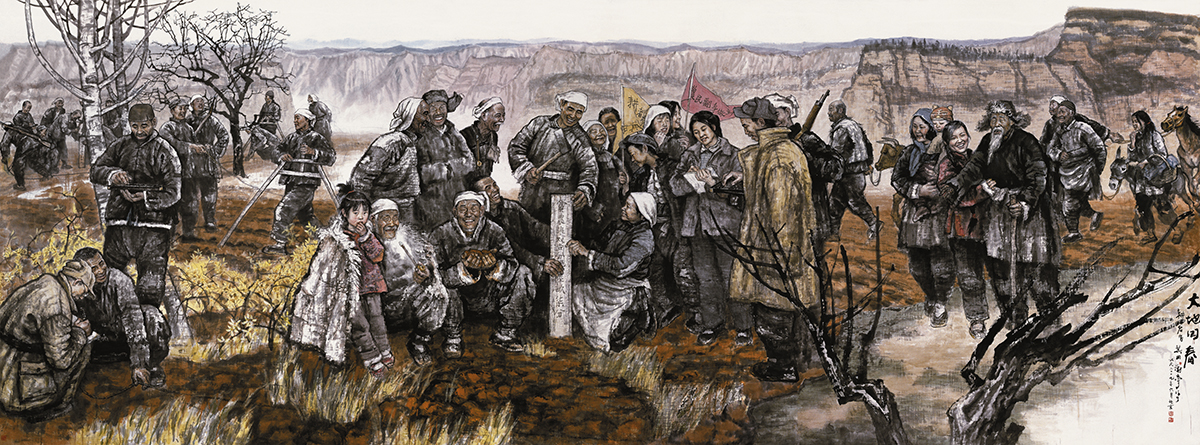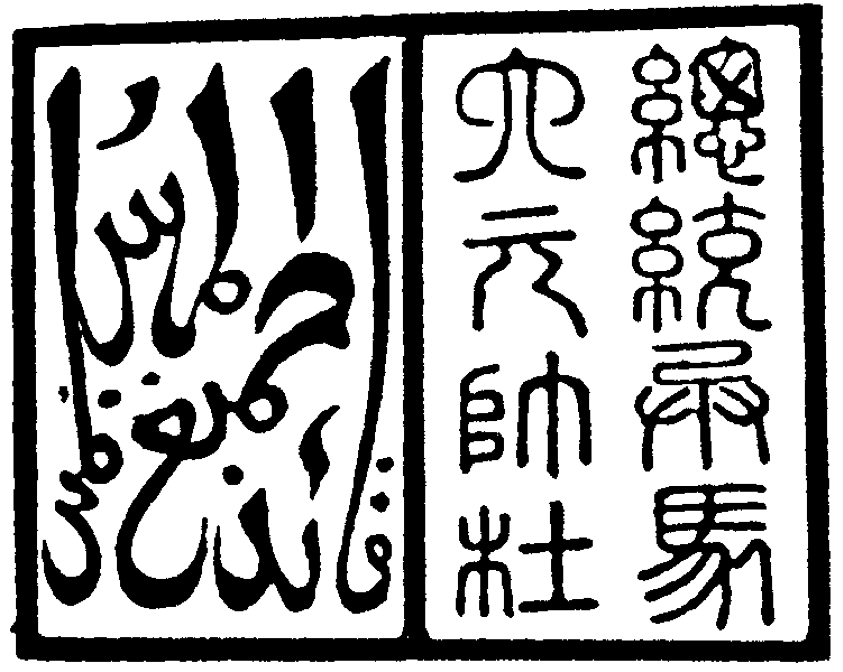Book Project

Statebuilding by Campaign: The Making of Modern Chinese Bureaucracy, 1949-76
Abstract: Between 1949 and 1976, the Chinese
Communist Party (CCP) under Chairman Mao Zedong launched a series of
chaotic, mass-mobilized campaigns to purge political dissidents and
transform China’s socioeconomic landscape. In Statebuilding by Campaign,
I explore (1) why there exist significant geospatial variations in the
intensity and outcomes of these campaigns, and (2) how Mao-era campaigns
shaped the norms, compliance, and responsiveness of the Chinese
bureaucracy at the local level in both the short and long term. Drawing
on an original dataset of Mao-era campaigns and extensive archival
materials collected during my three-year fieldwork, this book provides a
novel perspective on Mao-era campaigns through the lens of authoritarian
statebuilding. Despite their apparent chaos and disorder, the campaigns
increased Beijing’s capacity to gather information, enhanced local
bureaucrats’ compliance with the central agenda, and enabled the central
regime to oversee the behavior and performance of local bureaucrats. The
book also examines the long-term impacts of Mao-era campaigns on the
political norms of contemporary China, discussing whether modern-day
policy implementation campaigns under Xi Jinping—such as the crackdown
on official corruption and gang crimes—reflect the norms and practices
of Mao-era campaigns.

Copyright © Juan Qian, 2023-24